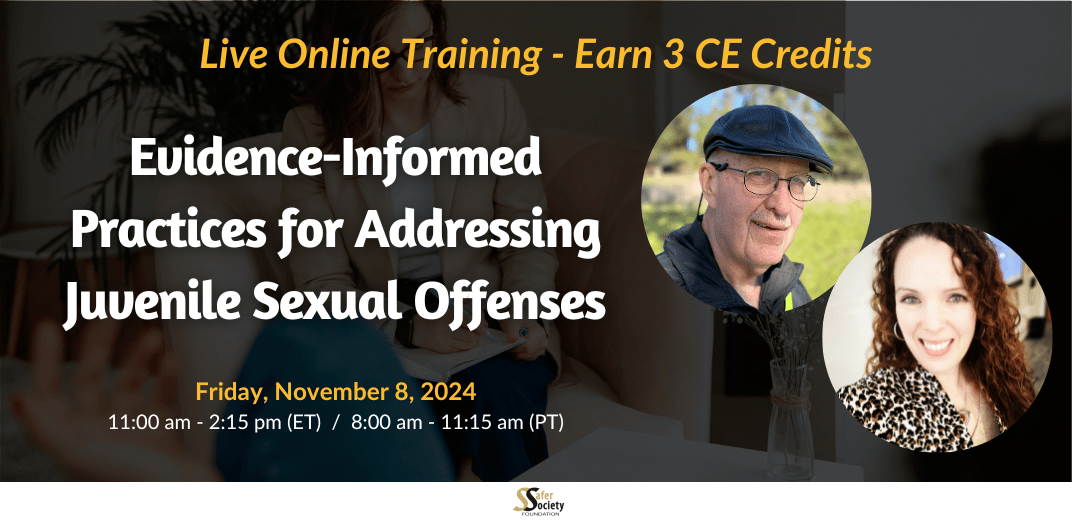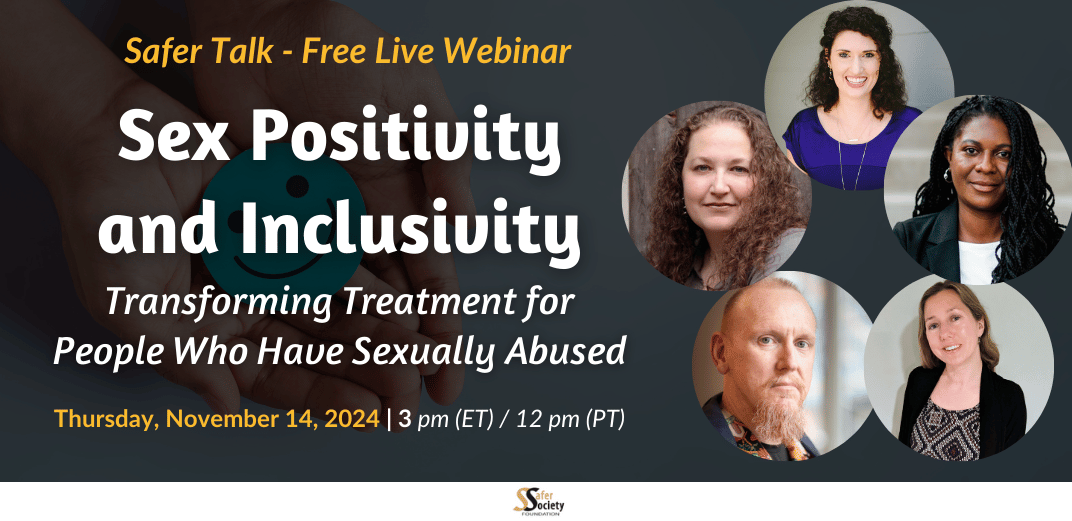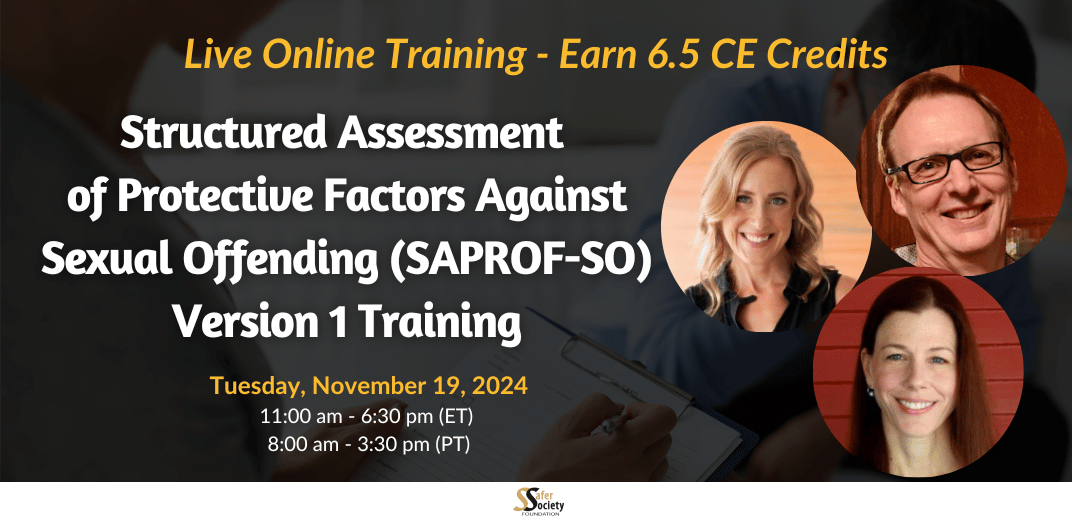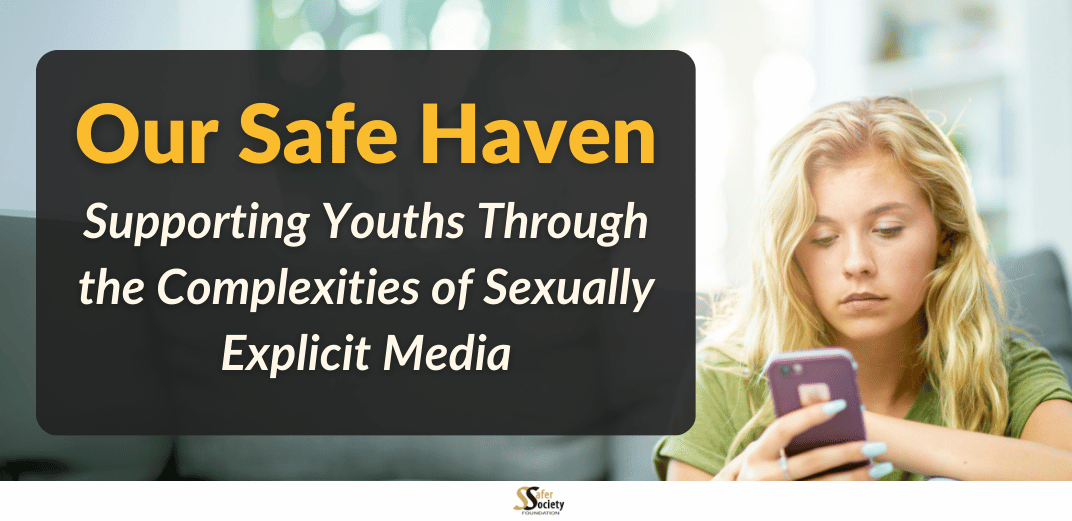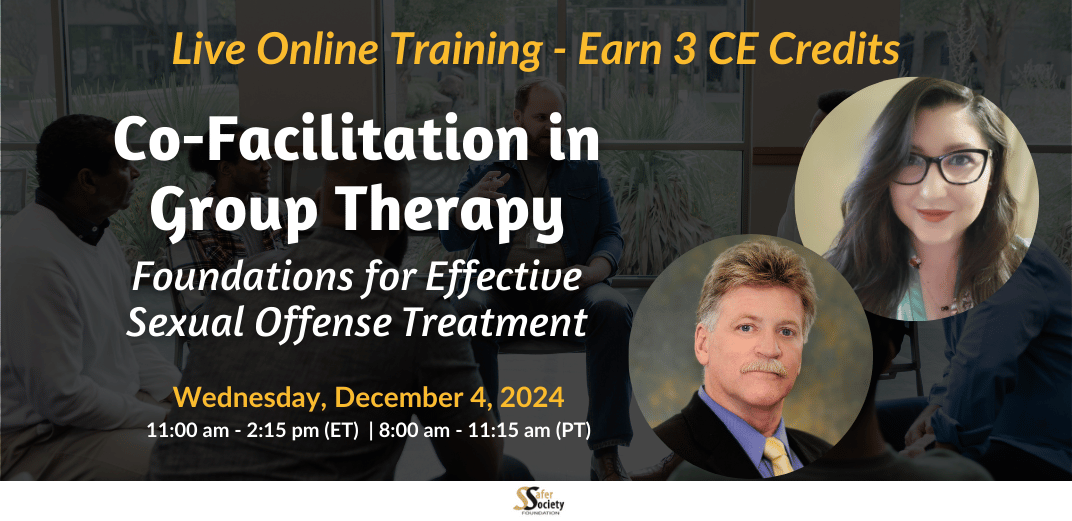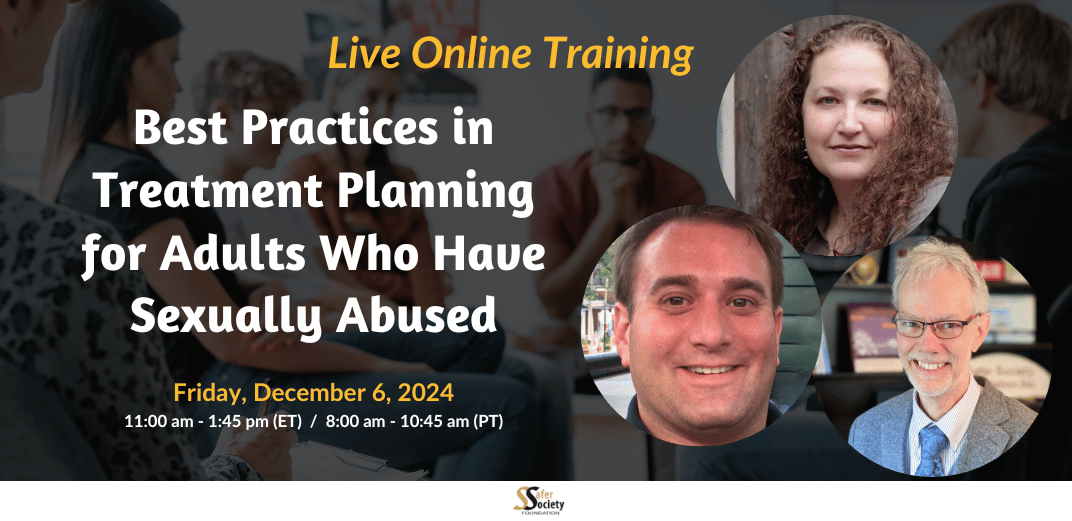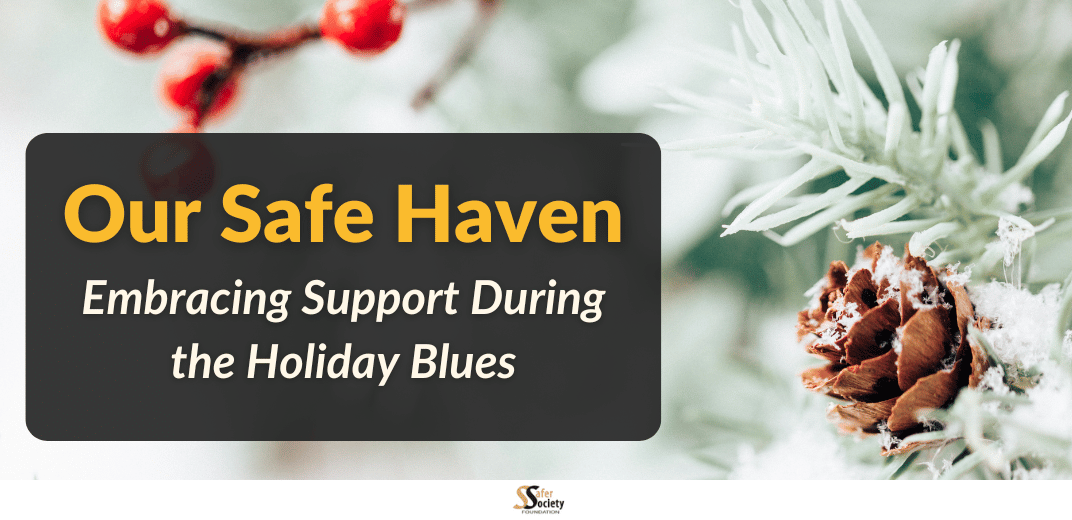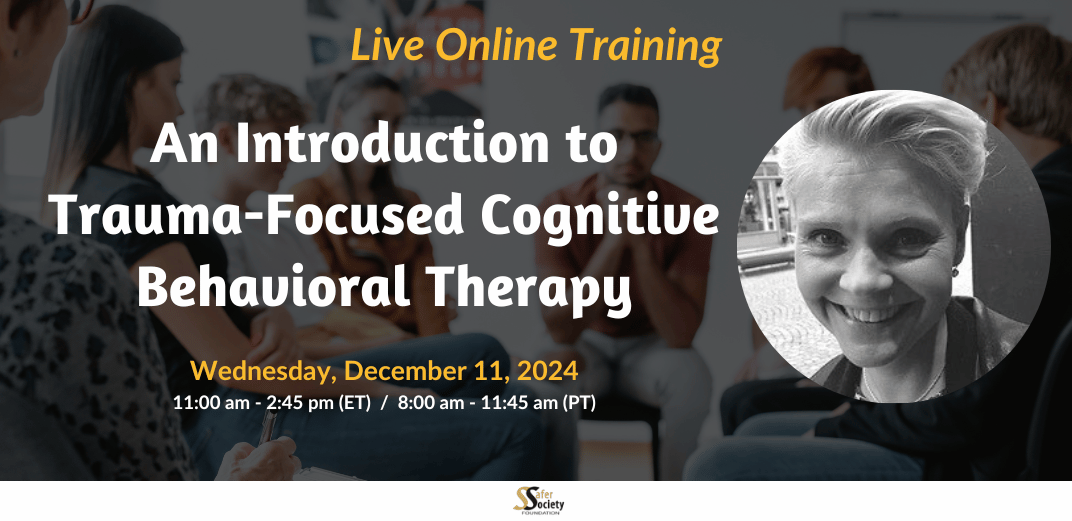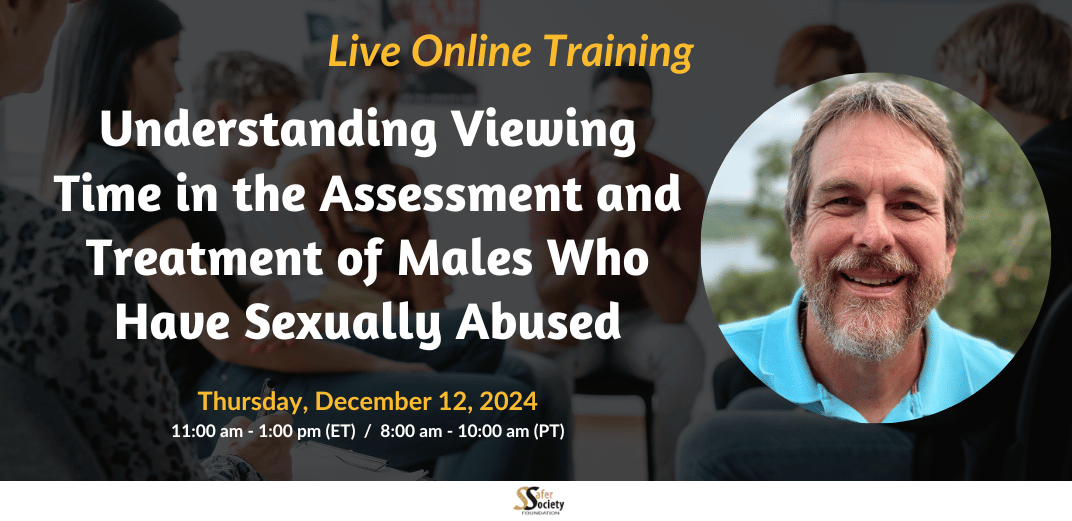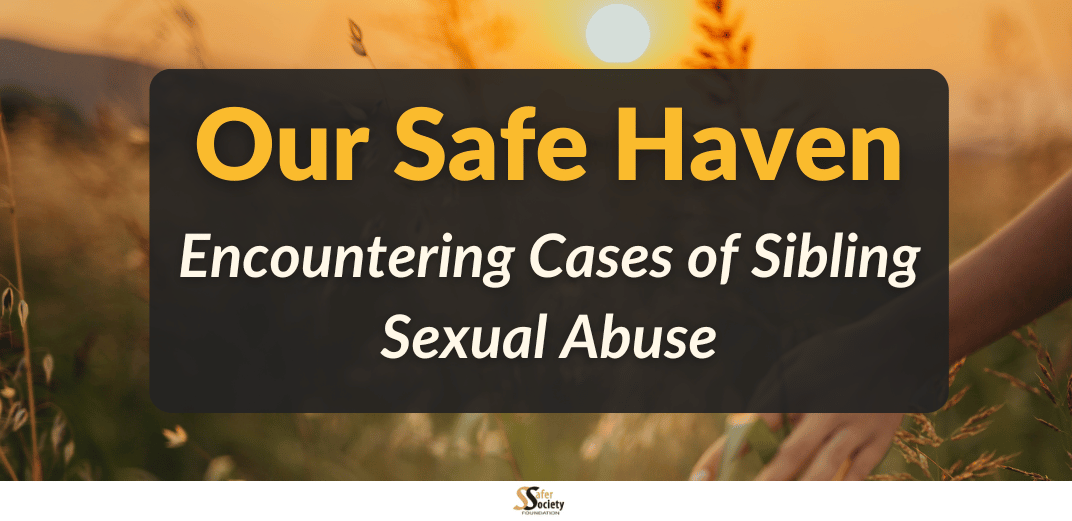Evidence-Informed Practices for Addressing Juvenile Sexual Offenses
Staying informed about the latest research and practice innovations is essential for practitioners working with juveniles who have sexually offended. This training is designed to equip professionals with the knowledge and resources necessary to understand, assess, and treat adolescents who have sexually abused. By delving into emerging research findings and best practices, this training addresses the complexities faced by practitioners striving to implement the most effective policies and programs.

